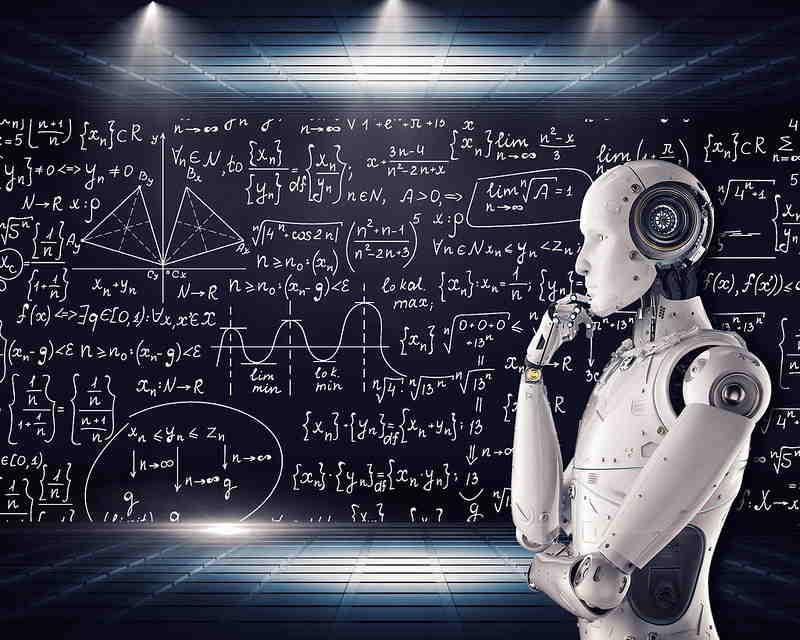Now is the Moment for a Systemic Reset of AI and Technology Governance
By Anja Kaspersen and Wendell Wallach,
Carnegie Council
| 01. 24. 2023
When ChatGPT was asked what advances in artificial intelligence mean for the human condition, it responded to our inquiry that AI will "change the way people view their own abilities and skills and alter their sense of self." It could "impact people's sense of identity and purpose." It could "change the way people form and maintain relationships and impact their sense of community and belonging." The progress made in 2022 by generative AI, which includes large language models such as ChatGPT and image generators such as Dall-E, is awe-inspiring. When it eloquently warns us about its own potential impact on the human sense of self, purpose, and belonging—we are naturally impressed. But large language models can only give back to us what we have fed to them. Through statistical associative techniques and reinforcement learning, the algorithm behind ChatGPT can ferret out and regurgitate insightful words and concepts, but there is no sense in which it understands the depth of meaning these words and concepts carry.
Joseph Weizenbaum, considered a pioneer in computational sciences and the creator of the 1965...
Related Articles
By Julia Métraux, Mother Jones | 02.10.2026
Why was Jeffrey Epstein obsessed with genes? In the latest tranche of Epstein records and emails made available by the Department of Justice, themes of genes, genetics, and IQ—alongside more explicit threads of white supremacy—keep cropping up, often adjacent to Epstein’s...
By Teddy Rosenbluth, The New York Times | 02.09.2026
Dr. Mehmet Oz has urged Americans to get vaccinated against measles, one of the strongest endorsements of the vaccine yet from a top health official in the Trump administration, which has repeatedly undermined confidence in vaccine safety.
Dr. Oz, the...
By Ava Kofman, The New Yorker | 02.09.2026
1. The Surrogates
In the delicate jargon of the fertility industry, a woman who carries a child for someone else is said to be going on a “journey.” Kayla Elliott began hers in February, 2024, not long after she posted...
By Alex Polyakov, The Conversation | 02.09.2026
Prospective parents are being marketed genetic tests that claim to predict which IVF embryo will grow into the tallest, smartest or healthiest child.
But these tests cannot deliver what they promise. The benefits are likely minimal, while the risks to...




